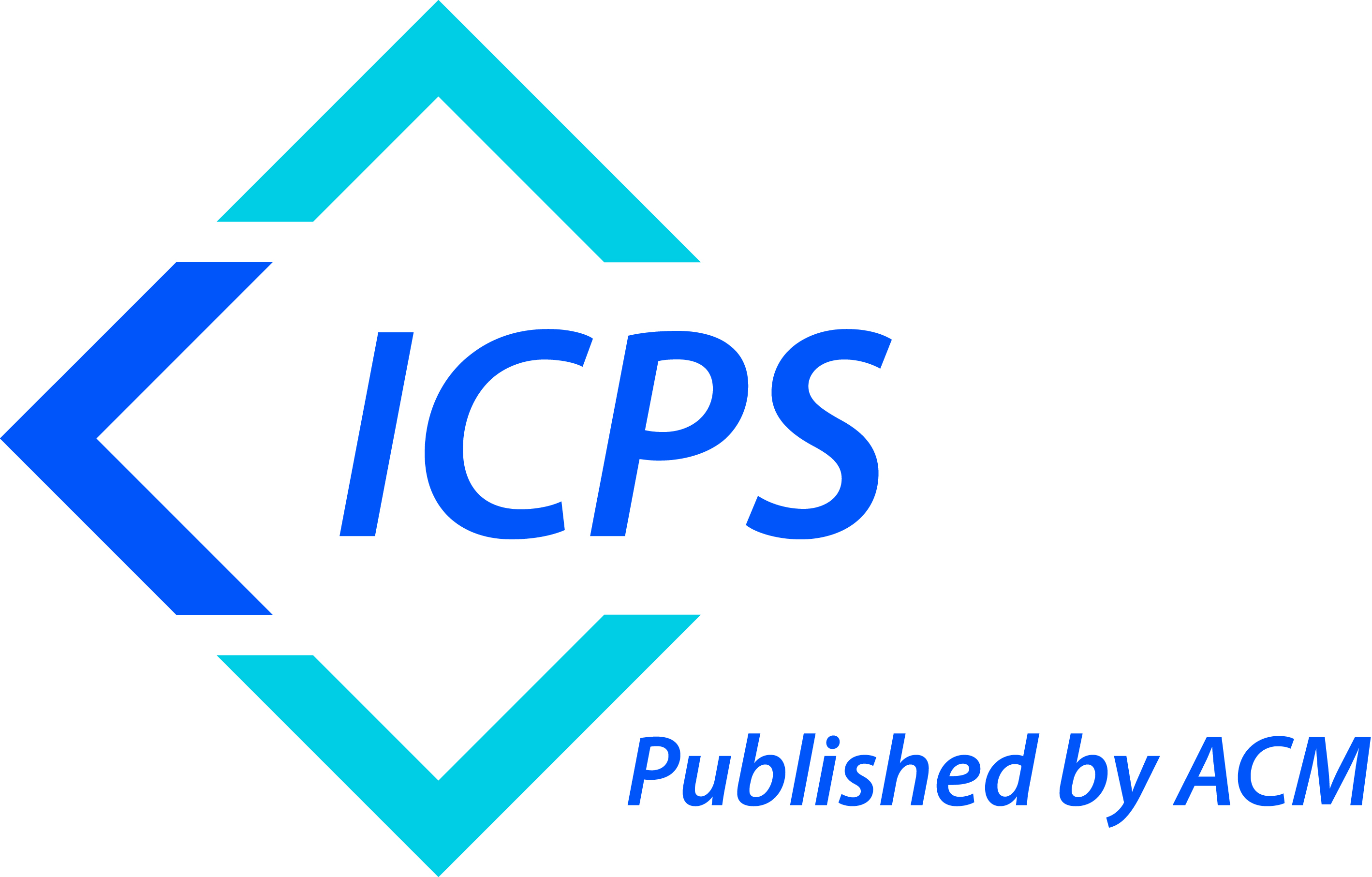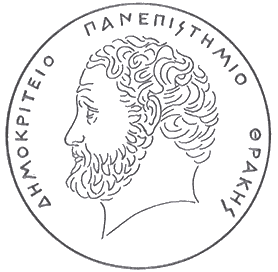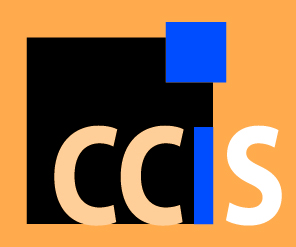4th Mining Humanistic Data Workshop (MHDW 2015)
Update (1): stylefile has changed to ACM
Update (2): Paper submission has been extended
Workshop Aim
The abundance of available data that is retrieved from or is related to the areas of Humanities and the human condition challenges the research community in processing and analyzing it. The aim is two-fold: on the one hand, to extract knowledge that will help understand human behavior, creativity, way of thinking, reasoning, learning, decision making, socializing and even biological processes; on the other hand, to exploit the extracted knowledge by incorporating it into intelligent systems that will support humans in their everyday activities.
The nature of humanistic data can be multimodal, semantically heterogeneous, dynamic, time and space-dependent, and highly complicated. Translating humanistic information, e.g. behavior, state of mind, artistic creation, linguistic utterance, learning and genomic information into numerical or categorical low-level data is a significant challenge on its own. New techniques, appropriate to deal with this type of data, need to be proposed and existing ones adapted to its special characteristics.
The workshop aims to bring together interdisciplinary approaches that focus on the application of innovative as well as existing data matching, fusion and mining and knowledge discovery and management techniques (like decision rules, decision trees, association rules, ontologies and alignments, clustering, filtering, learning, classifier systems, neural networks, support vector machines, preprocessing, post processing, feature selection, visualization techniques) to data derived from all areas of Humanistic Sciences, e.g. linguistic, historical, behavioral, psychological, artistic, musical, educational, social etc., Ubiquitous Computing and Bioinformatics.
Ubiquitous Computing applications (aka Pervasive Computing, Mobile Computing, Ambient Intelligence, etc.) collect large volumes of usually heterogeneous data in order to effect adaptation, learning and in general context awareness. Data matching, fusion and mining techniques are necessary to ensure human centred application functionality.
An important aspect of humanistics centers around managing, processing and computationally analyzing Biological and Biomedical data. Hence, one of the aims of this workshop will be to also attract researchers that are interested in designing, developing and applying efficient data and text mining techniques for discovering the underlying knowledge existing in Biomedical data, such as sequences, gene expressions and pathways.
Workshop Topics
The workshop topics include but are not limited to:
- Humanistic Data Collection and Interpretation
- Data pre-processing
- Feature Selection
- Supervised learning of humanistic knowledge
- Clustering
- Fuzzy modeling
- Heterogeneous data fusion
- Knowledge Representation and Reasoning
- Linguistic Data Mining
- Historical Research
- Educational Data Mining
- Music Information Retrieval
- Data-driven Profiling/ Personalization
- User Modeling
- Behavior Prediction
- Recommender Systems
- Web Sentiment Analysis
- Social Data Mining
- Visualization techniques
- Integration of data mining results into real-world applications with humanistic context
- Ontologies, ontology matching and alignment
- Mining Humanistic Data in the Cloud
- Game Data Mining
- Virtual-World Data Mining
- Speech and Audio Data Processing
- Data Mining Techniques for Knowledge Discovery
- Biomedical Data Mining
- Protein structure prediction
Important dates
Paper submission deadline: May 4th, 2015 May 17th, 2015
Author notifications: May 24th, 2015 June 15th, 2015
Camera-ready submission deadline: May 31st, 2015 July 6th, 2015
Early registration deadline: June 7th, 2015 June 29th, 2015
Workshop Date: September 25th, 2015
Program Chairs
- Christos Makris, Department of Computer Engineering and Informatics, University of Patras, Greece, makri@ceid.upatras.gr
- Katia Lida Kermanidis, Department of Informatics, Ionian University, Greece, kerman@ionio.gr
- Ioannis Karydis, Department of Informatics, Ionian University, Greece, karydis@ionio.gr
Program Committee
- John Garofalakis, University of Patras, Greece
- Michail Giannakos, Norwegian University of Science & Technology, Norway
- Ioannis Hatzilygeroudis, University of Patras, Greece
- Vassilis Katsouros, Institute for Language & Speech Processing, Greece
- Valia Kordoni, Humboldt University, Germany
- Seferina Mavroudi, Technological Educational Institute of Patras, Greece
- Vasilis Megalooikonomou, University of Patras, Greece
- Konstantinos Poulas, University of Patras, Greece
- Spyros Sioutas, Ionian University, Greece
- Kyriakos Sgarbas, University of Patras, Greece
- Giannis Tzimas, Technological Educational Institute of Western Greece, Greece
- Konstantinos Theofilatos, University of Patras, Greece
- Evangelos Theodoridis, University of Patras, Greece
- Athanasios Tsakalidis, University of Patras, Greece
Submission
All papers should be submitted either in a doc/docx or in a pdf form and they will be peer reviewed by at least 2 academic referees. Papers should not exceed 10 pages. Contributing authors must follow the ACM SIG Proceedings Template.
Papers should be submitted via easychair
Publication
Accepted papers will be presented orally in the EANN 2015 conference and they will be published in a separate Proceedings volume by ACM.
Registration fees and benefits for the workshop's participants are exactly identical with the ones of the main EANN 2015 event (http://delab.csd.auth.gr/eann2015).





